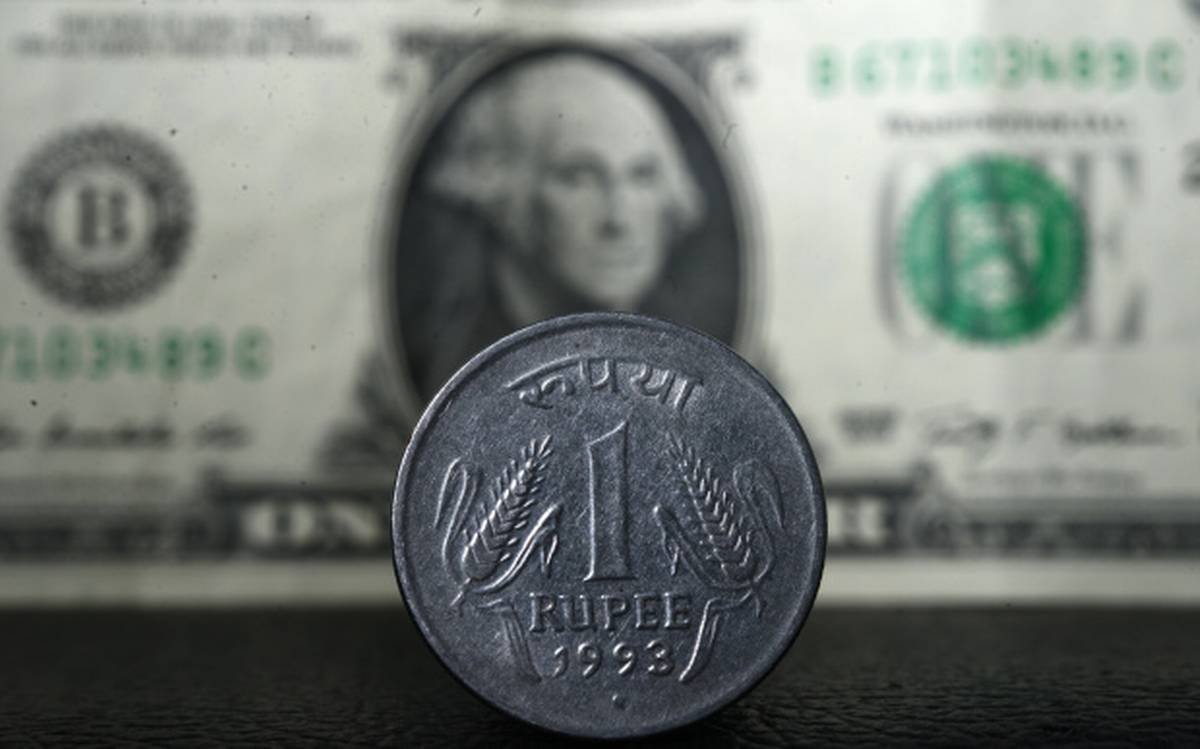The dollar experienced a downward slide on Thursday as traders interpreted the unexpectedly slow U.S. inflation as an indication that interest rate hikes in the United States would likely be halted by the end of the month.
Date: July 13, 2023
Place: New Delhi, India
Recent U.S. data revealed a much slower pace of inflation in the previous month than anticipated. This triggered the largest single-day sell-off of the dollar in five months, resulting in the currency hitting its lowest point against the euro and sterling in over a year. Furthermore, it reached its lowest level against the Swiss franc in over eight years.
Core inflation in the U.S. for June was reported at 0.2%, falling short of the market’s expectations of 0.3%. The headline annual Consumer Price Index (CPI) decreased to 3%, continuing its decline since reaching a peak of 9.6% a year ago.
Interest rate futures indicate that the markets have fully priced in another rate hike by the Federal Open Market Committee (FOMC) later this month. However, expectations for any further increases have diminished.
Fiona Cincotta, a markets strategist at City Index, stated that whether the dollar’s decline will persist throughout the year remains uncertain. She emphasized that the fate of the U.S. dollar and the tone set for the rest of the summer largely depend on the upcoming FOMC announcement in a couple of weeks.
Cincotta added, “If there is any indication of dovishness from the Fed, then the dollar bears will seize that opportunity to continue pushing the dollar lower.” She expressed skepticism regarding the Fed signaling that the rate hike in July would be the final one.
As traders factored in the end of U.S. rate hikes, the narrowing gap between borrowing rates in the U.S. and those in other countries propelled other currencies, particularly the euro, sterling, and yen, to strengthen against the dollar.
The euro, in particular, marked its sixth consecutive day of gains against the dollar, making it the longest upward streak this year. It rose by 0.3% to $1.1155 and reached an earlier peak of $1.11580.
George Saravelos, Deutsche Bank’s global head of FX research, suggested in a note on Wednesday that following the inflation data, it was time to buy the euro. He mentioned a year-end forecast target of $1.15, with the possibility of a range between $1.15 and $1.20 by the end of the year.
Sterling also strengthened by 0.4% against the dollar, reaching $1.30345, and experienced its sixth consecutive day of gains. It surpassed the $1.30 mark for the first time since April of the previous year.
On Thursday, data indicated that the contraction of Britain’s economy in May was milder than expected, reinforcing the belief that the Bank of England could raise interest rates further without derailing growth.
City Index’s Cincotta commented, “Today’s figures were better than expected, but I don’t think they’re enough to get the champagne out yet.”
The yen, which had increased by 4% over the last five days, strengthened by 0.12% against the dollar, reaching 138.325. This was partly due to another decrease in U.S. Treasury yields, which closely influences the dollar/yen currency pair.
The Swiss franc traded at its strongest level against the dollar since the Swiss National Bank removed the peg on the domestic currency in early 2015. The dollar declined by 0.5% to 0.863 per franc.
In Scandinavia, where inflation is persistently high and central bankers are anticipating additional rate hikes, the Norwegian crown experienced its largest weekly gain against the dollar this year. It rose by nearly 5% to a five-month high. Similarly, the Swedish crown was on track for a weekly gain of 4% and traded near two-month highs.
Currency analyst Steve Englander from Standard Chartered remarked, “We believe that the recent underperformance of the dollar reflects a change in market sentiment, with decreased confidence in shorting dollars as the expected terminal Fed policy rate appears to be increasingly capped.”
Disclaimer
CurrencyVeda is an information provider for educational purposes only and does not provide financial advice.




